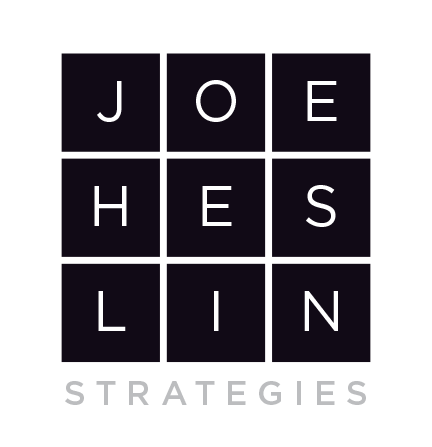My friend says there simply is no way to do enough yoga. Every moment you are doing anything but yoga, you are robbing yourself of the better you you would be if you were doing yoga. I feel this same way about reading books. The most nauseating words I hear—and I hear them all the time—are, “Have you read...?” I don’t have a lot of time for reading books. This is what I tell me. The truth, however, is uglier and more revealing: I want to come up with it myself.
I’m reminded of a short story (praise the lord for short stories) by Borges called Pierre Menard, Author of the Quixote. The story is written as a review of a new book by Pierre Menard, a fictitious 20th century French author, who endeavors to reimagine Cervantes’ classic. We come to realize that this new version is actually a word for word recreation of the story in the original Spanish. However, although it is exactly the same in every way, it was written with Menard’s contemporary understanding—changing the context of each passage, line, and word. Borges’ story is an absurd but compelling comment on appropriation and the nature of derivation.
Everything is derivative. I can accept that in all its humbling and numbing truth. At the same time, I don’t want to give in to it by simply coopting the direct thoughts of others as my own. It happens to all of us, deliberately or accidentally. There is a beautiful and tragic (and Pyrrhic) victory, however, in coming up with a thought for yourself—even if you could’ve just picked up a book on the topic.
Why do I (and might you) care? There’s more to the victory than ego. There is an inherent sense of ownership and depth of understanding when you get there for yourself. More importantly, however, it connects to my intention and goal of cultivating a discipline of creativity. Creativity is found in ambiguity and uncertainty. If something is a fact—if something has been provided to you as true and you accept that nugget—you haven’t been granted the opportunity to ask why, how, and from whence. If you don’t know, if you can sit comfortably with the unsettling truth that you’re not sure, then you have the only ingredient necessary for creativity. Creativity is not as solid and measurable as fact, it is exactly the empty and amorphous space from which we release knowing and walk toward understanding.
I tell my clients, “Don’t tell me what you want, tell me what you need,” and this changes everything. They often come to me with preconceived conclusions and expectations. If we start there, the absolute best we can do is a word-f0r-word recreation of what is, albeit from a newer context. If we start with a hoped for outcome—a need—we invite possibility and the potential to make it past the gravitational pull of “is” and ever closer to “ought.”


